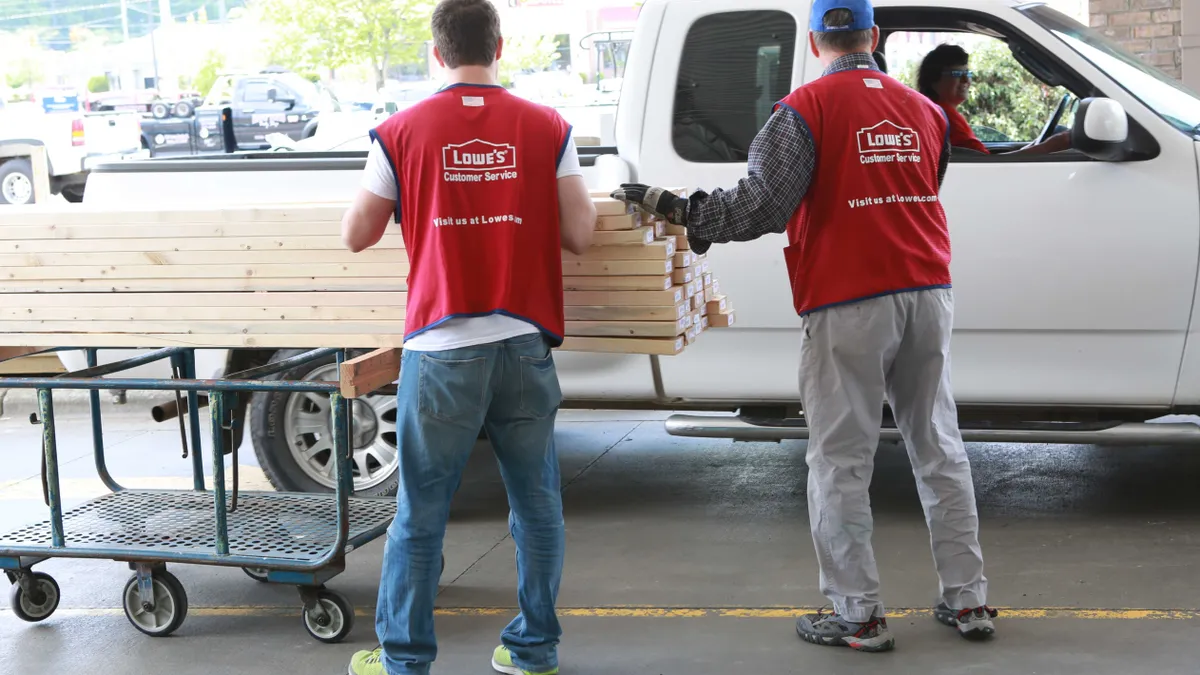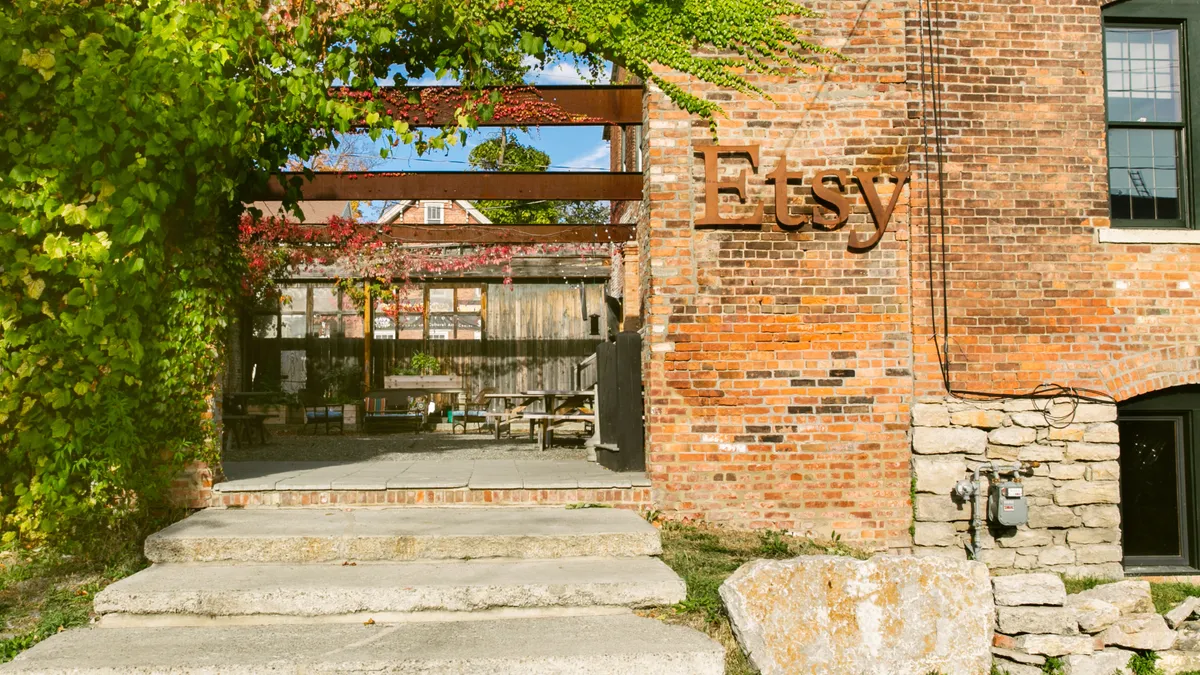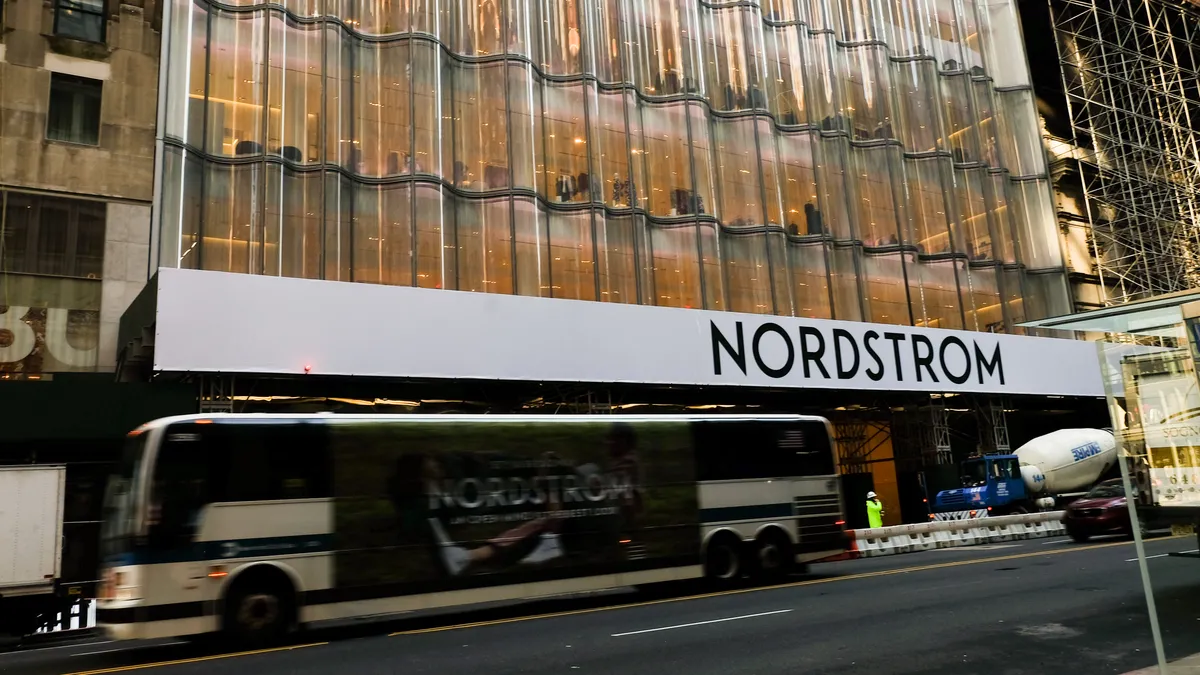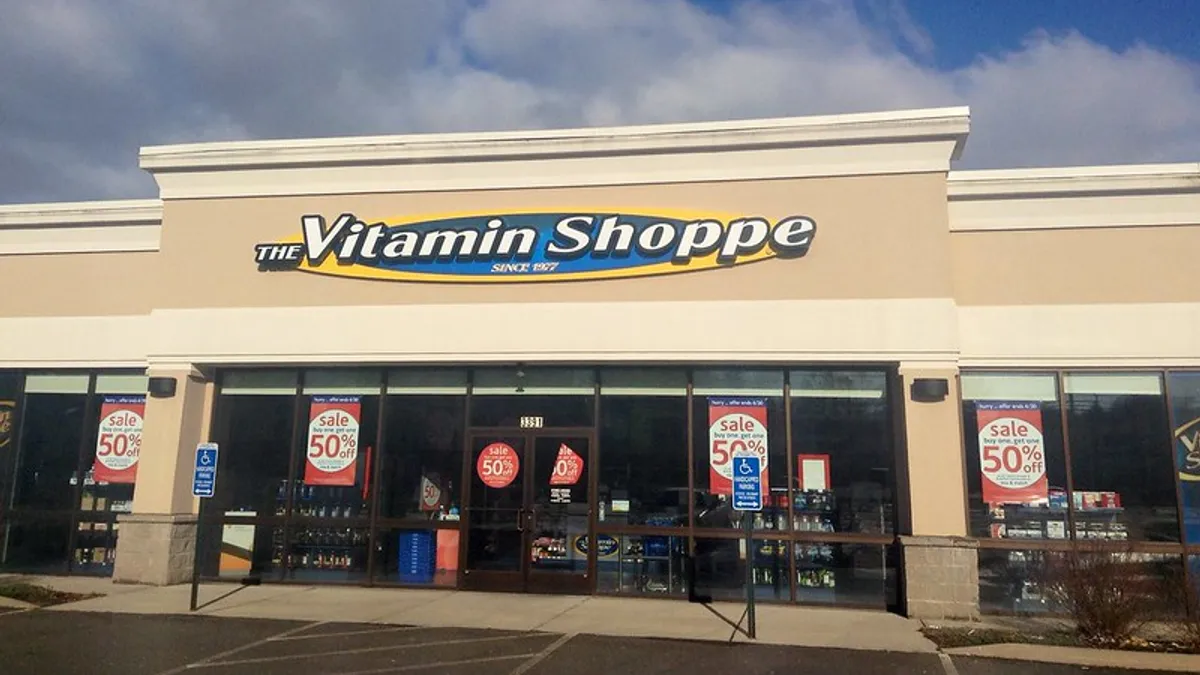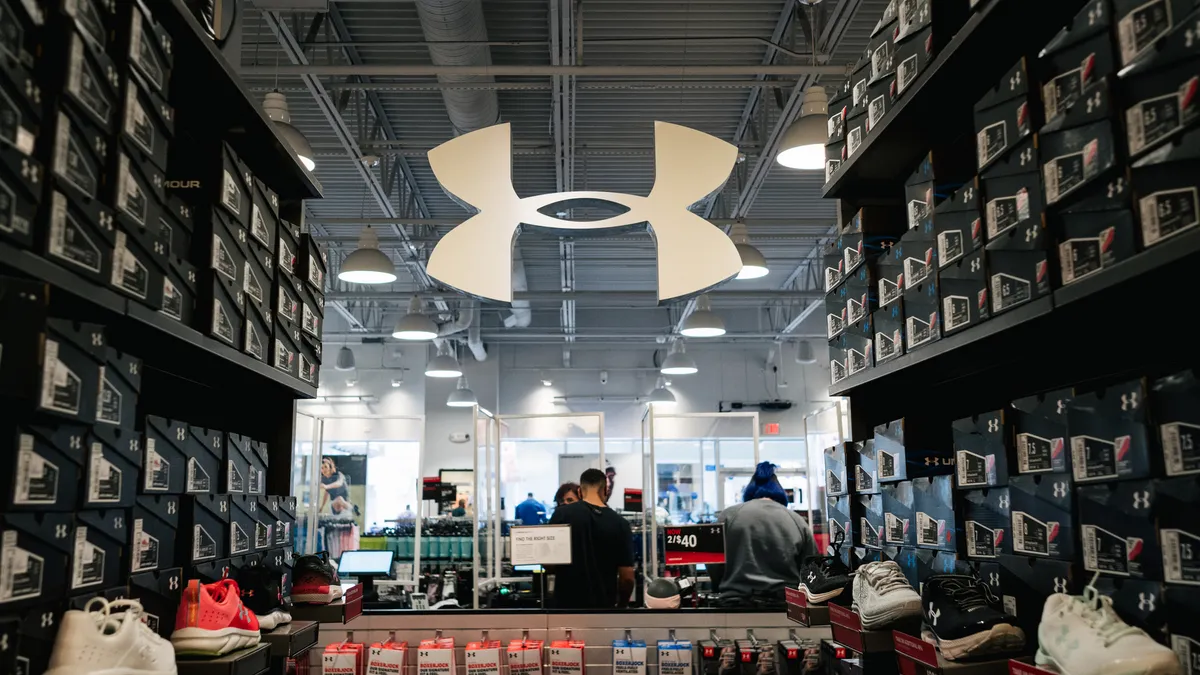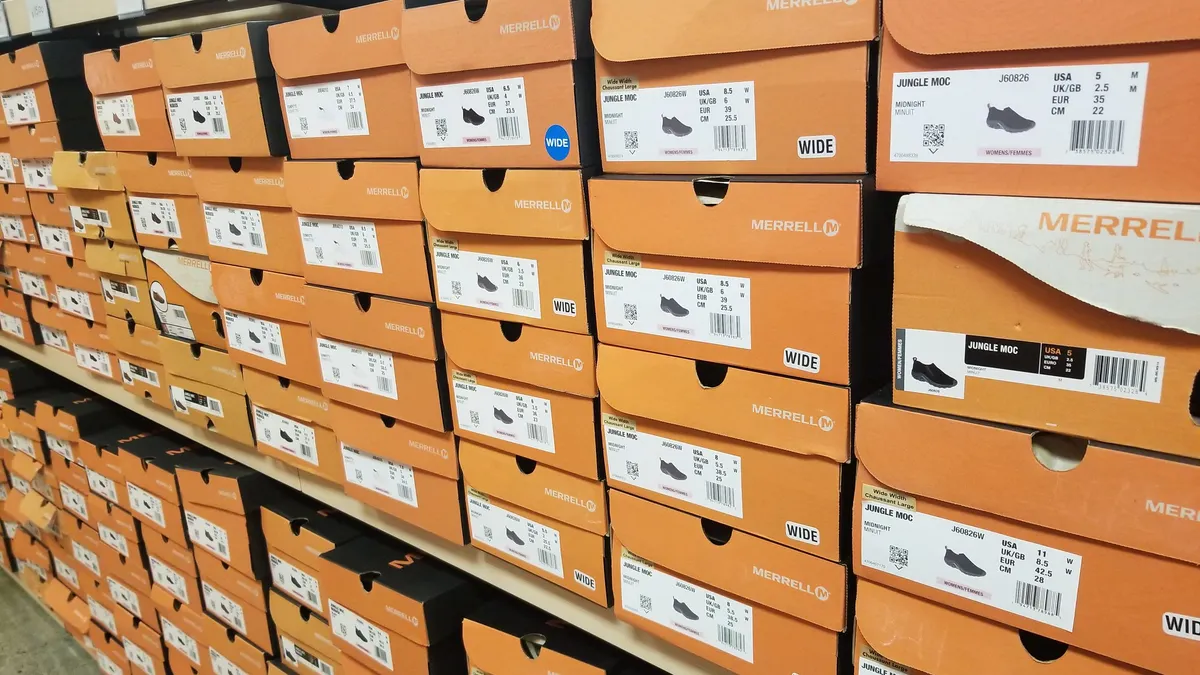Home improvement retailers in the first quarter, which were deemed essential during the pandemic, have been a bright spot in an otherwise battered industry.
The Home Depot on Tuesday reported first quarter net sales increased 7.1% to $28.3 billion, while total comparable sales increased 6.4%. In the U.S., comps rose 7.5%. The retailer's net income, however, decreased 10.7% to $2.2 billion and its operating income fell 8.9% year over year to $3.3 billion.
The profit declines were attributable to the actions Home Depot has taken to support its employees during this period. For its hourly associates, the company has expanded paid time off, provided weekly bonuses to store and distribution center employees, and extended dependent care benefits and waived co-pays, which all have resulted in Home Depot incurring about $850 million in pre-tax expense. The expense not only "speaks well of Home Depot's values as a company," GlobalData Retail Managing Director Neil Saunders said in emailed comments, but will "serve the company well in terms of retaining loyal staff who are critical in terms of the customer service and expert knowledge they are able to impart to customers."
Unlike many retailers who have been forced to temporarily shutter their doors to help stem the spread of the coronavirus, Home Depot has remained open. And with some consumers spending more time at home, there has been an uptick in the number of people taking up home improvement projects, according to GlobalData Retail data.
"In our surveys, 68% of consumers said that they have engaged in at least one garden or home enhancement initiative over the past couple of months. This figure is far higher than the average of 47% of consumers who undertook projects over the same period last year," Saunders said. "While not all of these consumers bought home improvement products for their tasks, among those that did, Home Depot was the main destination." Home Depot reported that the number of customer transactions decreased 3.9% from last year, to 374.8 million, but average ticket price rose 11%.
As many locales issued stay-at-home orders and encouraged residents to limit nonessential activity, many turned to e-commerce to minimize time spent in physical stores. Sales from Home Depot's digital business grew some 80% in the quarter, CEO Craig Menear said on a conference call with analysts Tuesday. Other executives noted that while the company saw its digital business grow about 30% in early March, that accelerated to triple-digit growth by the end of April. "All these things minimize the time spent in shops, which has been an increasingly important consideration for those looking to social distance or minimize their exposure outside of the home," Saunders said.
Lowe's, like Home Depot, has also been able to keep its doors open despite government-mandated closures in areas of the country.
The North Carolina-based home improvement retailer reported on Wednesday that first quarter net sales increased nearly 11% to $19.7 billion from $17.7 billion last year. Comparable sales increased 11.2%, while comps in the U.S. rose 12.3%. Lowe's said that during the quarter, it saw positive comps across 14 of its 15 merchandising categories. The retailer's net income rose 27.8% year over year to $1.3 billion, while its operating income rose 40.5% from last year to $2 billion.
"Our strong first quarter performance, which continues into May, also reflects the benefits of our retail fundamentals strategy, the improvement in our execution, and the resiliency of our home improvement business model," CEO Marvin Ellison said in a statement.
Ellison, who joined the company in 2018, has been working over the last couple of years to right missteps in Lowe's online business. Last year, the retailer announced it was investing half a billion dollars annually between 2019 and 2021 to transform the technological makeup of its business, which included opening a new tech center in Charlotte, North Carolina.
And those efforts appear to be paying off: Ellison particularly noted the company's "ability to pivot to serve increased online demand with Lowes.com sales increasing 80% in the quarter." Though, according to Wedbush analyst Seth Basham, Lowe's "online sales in the quarter represented 7%+ of total sales" compared to about 15% for Home Depot, which led "to significantly less contribution to comps," in the quarter.
Unlike Home Depot, however, both the number of comp transactions and the comp average ticket price increased during the quarter, by 1.6% and 9.6%, respectively.
The company also took measures to support its associates, like investing $340 million during the quarter. The investment included two "special" bonuses for hourly associates, temporary wage increases, and paid vacation time and emergency paid leave extensions.
And the larger players in the sector weren't the only ones to benefit during the period. While smaller, Ace Hardware on Wednesday reported "record" first quarter revenues of $1.4 billion, a 3.8% year-over-year increase, while U.S. comps increased 4.2%. During the month of April, Ace said its U.S. comps increased some 26% and its online business grew 580%.
While the pandemic has brought a level of economic uncertainty for consumers, the home improvement space appears to be faring better relative to others in the industry, though that may change as the end of the crisis remains unknown.
"It is true that the incomes of many consumers are under pressure, but it is also true that those same consumers are saving money from areas like travelling less and are, therefore, prepared to invest some of the savings in improving their home environments," Saunders said. "That said, if economic pressures mount, the picture could change in the second half of the year and things could become tougher."



